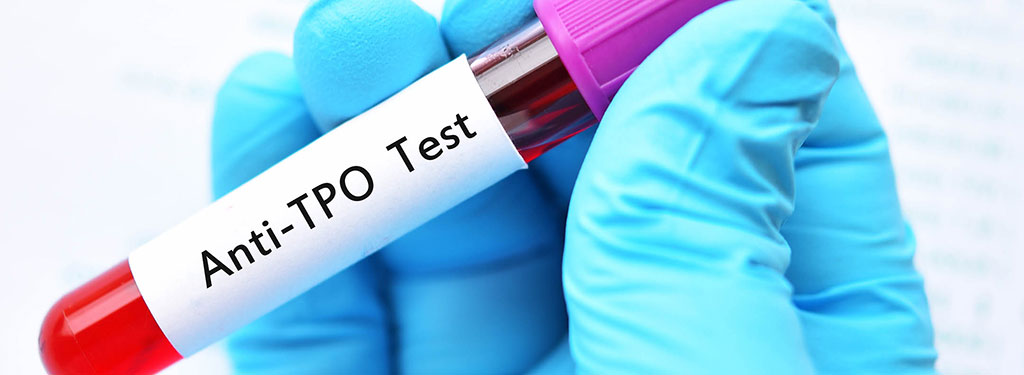Antiphospholipid Antibodies Evaluated in Autoimmune Thyroid Diseases
Posted on 29 Nov 2022
Autoimmune thyroid diseases (AITD) is the most common organ-specific autoimmune disease, mainly caused by genetic predisposition, environmental factors and dysfunction in the microbiome.
The main types of AITD are Hashimoto's thyroiditis (HT) and Graves' disease (GD). HT, considered the most common endocrine disorder, is characterized by invasion of the thyroid gland by inflammatory lymphocyte cells. This infiltration induced the destruction and the replacement of follicular tissue leading to hypothyroidism.

Immunologists at the Farhat Hached Hospital (Sousse, Tunisia) carried out a retrospective study that included 195 AITD patients. The inclusion criteria were patients older than 18 years and suffering from HT or GD. Patients with another autoimmune disease associated to AITD were excluded. Sera were consecutively collected between January 2017 and December 2018 from four hospitals in the center of Tunisia. Ninety age-matched healthy blood donors (HBD) served as a control group.
Anti-cardiolipin antibodies (aCL, (IgG, IgA and IgM) were determined by using an enzyme-linked immunosorbent assay (ELISA) (Orgentec Diagnostika, Mainz, Germany). Anti-β2 glycoprotein I antibodies (aβ2GPI, IgG, IgA and IgM) were evaluated by an ELISA (Orgentec Diagnostika) using highly purified human β2GPI. Anti-thyroid peroxidase antibodies (TPO-Ab) and anti-thyroglobulin antibodies (Tg-Ab) were assessed with ELISA kit (Euroimmun, Lübeck, Germany). Human autoantibodies against thyrotropin (TSH) receptor (TRAb) were assessed with an ELISA kit (Euroimmun).
The investigators reported that 154 AITD patients were women and 41 were men. Fifty-six healthy subjects were women and 34 were men. The median age of patients and the control group was 45 and 38.5 years, respectively. The frequency of antiphospholipid (aPL) antibodies was significantly higher in patients with AITD and in patients with HT than in HBD (33.3% versus 11.1%, and 38.1% versus 11.1%). The frequency of aPL in GD was significantly lower than in HT (21.4% versus 38.1%). In patients with HT, aβ2GPI (34.5%) was significantly more frequent than aCL (13.6%). The frequency of aβ2GPI was significantly higher in patients with HT than in healthy population (34.5% versus 11.1%). In HT patients, IgA isotype of aβ2GPI was significantly more common than in healthy blood donors (HBD) and in GD patients (27.3% versus 7.8%, and 27.3% versus 12.5%).
The authors concluded that aβ2GPI and not aCL were frequent in AITD. IgA was the predominant isotype of aβ2GPI and that aβ2GPI-IgA was more frequent in HT than in GD. The study was published on November 25, 2022 in the Journal of Clinical Laboratory Analysis.
Related Links:
Farhat Hached Hospital
Orgentec Diagnostika
Euroimmun














